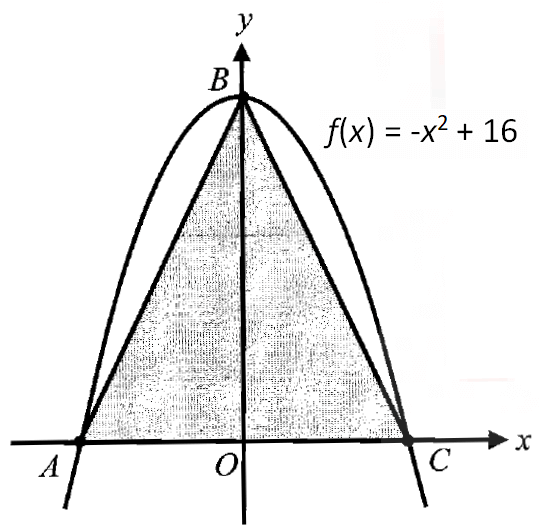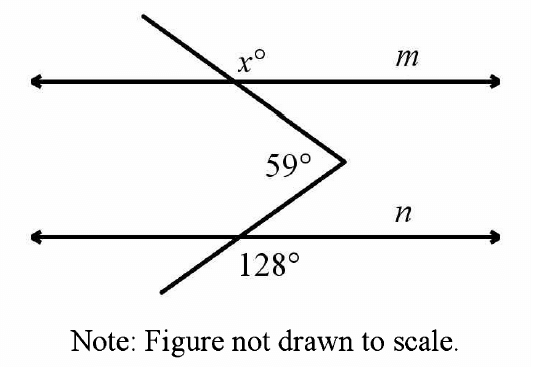CALENDAR PROBLEMS
Key Concept
Let the day of the week to be found on a given date. To find that, we are going to use the concept of odd days
Odd Days :
In a given period, the number of days more than the complete weeks are called odd days.
Leap Year :
(i) Every year is divisible by 4 is a leap year, if it is not a century.
(ii) Every 4th century is a leap year and no other century is a leap year.
Examples :
Each of the years 1948, 2004, 1676 is a leap year
Each of the years 400, 1200, 1600, 2000 is a leap year
None of the years 100, 2001, 2005, 2100 is a leap year
Note :
A leap years has 366 days and the month February has 29 days
Ordinary Year :
The year which is not a leap year is called an ordinary year. An ordinary year has 365 days and the month February has 28 days.
Shortcut to find the no. of leap years in the given no. of years :
Divide the given number of years by 4 and take the integer part. That is the number of leap years available in the given number of years.
Example :
Let us find the number of leap years in 75 years. Divide 75 by 4.
That is,
⁷⁵⁄₄ = 18.75
In this, integer part is 18. There are 18 leap years in 75 years.
Caution :
When we find the number of leap years in 100 years, we will divide 100 by 4 as explained above.
Then,
¹⁰⁰⁄₄ = 25
Here, there are 25 numbers from 1 to 100 which are divisible by 25.
Even though 100 is divisible by 4, it is not leap year.
So, number of leap years in 100 years is
= 25 - 1
= 24
Counting of Odd Days :
(i) 1 leap year has 366 days = 52 weeks + 2 days.
So, 1 leap year has 2 odd days
(ii) 1 ordinary year = 365 days = 52 weeks + 1 day.
So, 1 ordinary year has 1 odd day
100 years = 76 ordinary years + 24 leap years
100 years = 76x1 + 24x2 = 76 + 48 = 124 days
100 years = 17 weeks + 5 days = 5 odd days
So, 100 years has 5 odd days
Number of odd days in 100 years = 5
Number of odd days in 200 years = 3
Number of odd days in 300 years = 1
Number of odd days in 400 years = 0
Similarly, each one of 800 years, 1200 years, 1600 years and 2000 years etc has 0 odd days.
Days of the week related to odd days :
0 odd days ----> Sunday
1 odd day ----> Monday
2 odd days ----> Tuesday
3 odd days ----> Wednesday
4 odd days ----> Thursday
5 odd days ----> Friday
6 odd days ----> Saturday
Solved Problems
Problem 1 :
What was the day of the week on 16th July, 1776?
Solution :
16th July, 1776 :
= 1775 years + Period from 01.01.1776 to 16.07.1776
1775 :
= 1600 + 100 + 75
No. of odd days in 1600 years = 0 ----(1)
No. of odd days in 100 years = 5 ----(2)
No. of odd days in 75 years :
= 18 leap years + 57 ordinary years
= 18x2 + 57x1
= 93 days
= 13 weeks + 2 days
= 2 odd days ----(3)
From 01.01.1776 to 16.07.1776, we have,
Jan - 31 days
Feb - 29 days
Mar - 31 days
Apr - 30 days
May - 31 days
Jun - 30 days
July - 16 days
Total = 198 days
= 28 weeks + 2 days
= 2 odd days ----(4)
Add (1), (2), (3) and (4).
= 0 + 5 + 2 + 2
= 9 days
= 1 week + 2 days
= 2 odd days
2 odd days is corresponding to Tuesday
So, the day of the week on 16th July,1776 is Tuesday.
Problem 2 :
On what dates of March 2005 did Friday fall?
Solution :
First, we have to find the day on 01.03.2005.
01.03.2005 :
= 2004 years + Period from 01.01.2005 to 01.03.2005
2004 :
= 2000 + 4
Number of odd days in 2000 years = 0 ----(1)
Number of odd days in 4 years :
= 1 leap year + 3 ordinary year
= 1x2 + 3x1
= 5 days ----(2)
From 01.01.2005 to 01.03.2005, we have,
Jan - 31 days
Feb - 28 days
Mar - 1 day
Total = 60 days.
= 8 weeks + 4 days
= 4 odd days ----(3)
Add (1), (2) and (3).
= 0 + 5 + 4
= 9 days
= 1 week + 2 days
= 2 odd days
2 odd days is corresponding to Tuesday.
That is, 01.03.2005 was Tuesday.
Then, Friday lies on 04.03.2005.
So, the dates of March, 2015 on which Fridays fell are
04, 11, 18 and 25
Problem 3 :
For which of the following years, will the calendar for the year 2007 be the same?
(a) 2014
(b) 2016
(c) 2017
(d) 2018
Solution :
For example, if our answer is 2018, we must have the same day on 01.01.07 & 01.01.18 and number of odd days from 01.01.07 to 31.12.17 must be zero.
Let us check the same thing for each of the given options.
Option (a) 2015 :
No. of odd days from 01.01.2007 to 31.12.2014 :
= 2 leap years + 6 ordinary years
= 2x2 + 6x1
= 10 days
= 1 week + 3 days
= 3 odd days [not correct]
Option (b) 2016 :
No. of odd days from 01.01.2007 to 31.12.2015 :
= 2 leap years + 7 ordinary years
= 2x2 + 7x1
= 11 days
= 1 week + 4 days
= 4 odd days [not correct]
Option (c) 2017 :
No. of odd days from 01.01.2007 to 31.12.2016 :
= 3 leap years + 7 ordinary years
= 3x2 + 7x1
= 13 days
= 1 weeks + 6 days
= 6 odd days [not correct]
Option (d) 2018 :
No.of odd days from 01.01.2007 to 31.12.2017 :
= 3 leap years + 8 ordinary years
= 3x2 + 8x1
= 14 days
= 2 weeks + 0 day
= 0 odd day [correct]
So, Calendar for the year 2018 will be the same as for the year 2007.
Problem 4 :
How many days are there in x weeks x days ?
Solution :
Number of days in x weeks = 7x.
Number of days in x days = x.
Number of days in x weeks x days :
= 7x + x
= 8x
So, the number of days in x weeks x days is 8x.
Problem 5 :
The last day of a century can not be
(a) Monday
(b) Tuesday
(c) Wednesday
(d) Thursday
Solution :
From the notes given on this web page, we have
number of odd days in 100 years (1st century) = 5
So, the last day of 1st century is Friday.
number of odd days in 200 years (2nd century) = 3
So, the last day of 2nd century is Wednesday.
number of odd days in 300 years (3rd century) = 1
So, the last day of 3rd century is Monday.
number of odd days in 400 years (4th century) = 0
So, the last day of 4th century is Sunday.
This pattern is repeated.
Therefore, the last day of a century can not be Tuesday or Thursday or Saturday.
So, option (c) Tuesday is the correct answer.
Kindly mail your feedback to v4formath@gmail.com
We always appreciate your feedback.
©All rights reserved. onlinemath4all.com
Recent Articles
-
Digital SAT Math Problems and Solutions (Part - 143)
Apr 13, 25 12:01 PM
Digital SAT Math Problems and Solutions (Part - 143) -
Quadratic Equation Problems with Solutions
Apr 12, 25 08:21 PM
Quadratic Equation Problems with Solutions -
Digital SAT Math Problems and Solutions (Part - 142)
Apr 11, 25 06:26 PM
Digital SAT Math Problems and Solutions (Part - 142)

